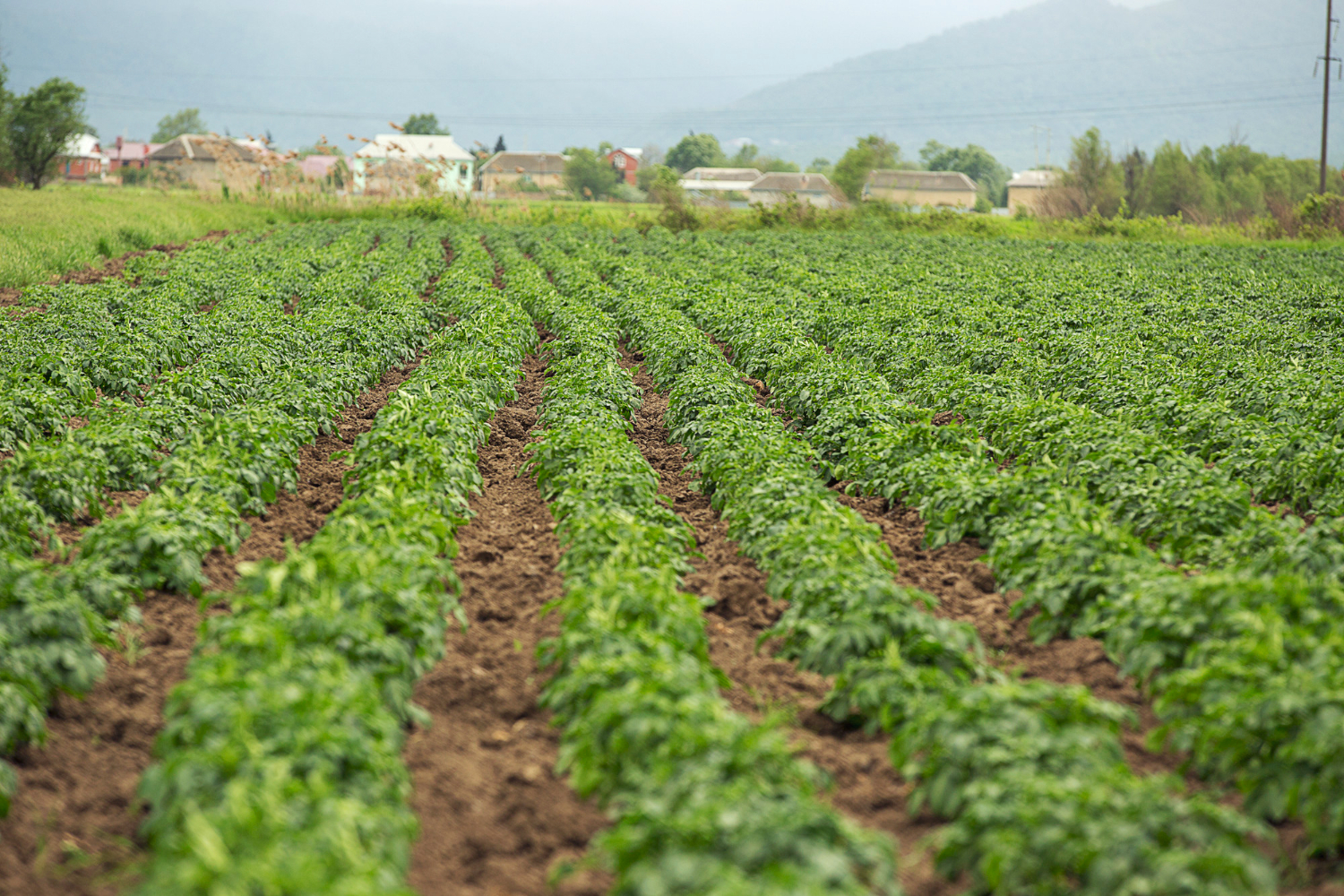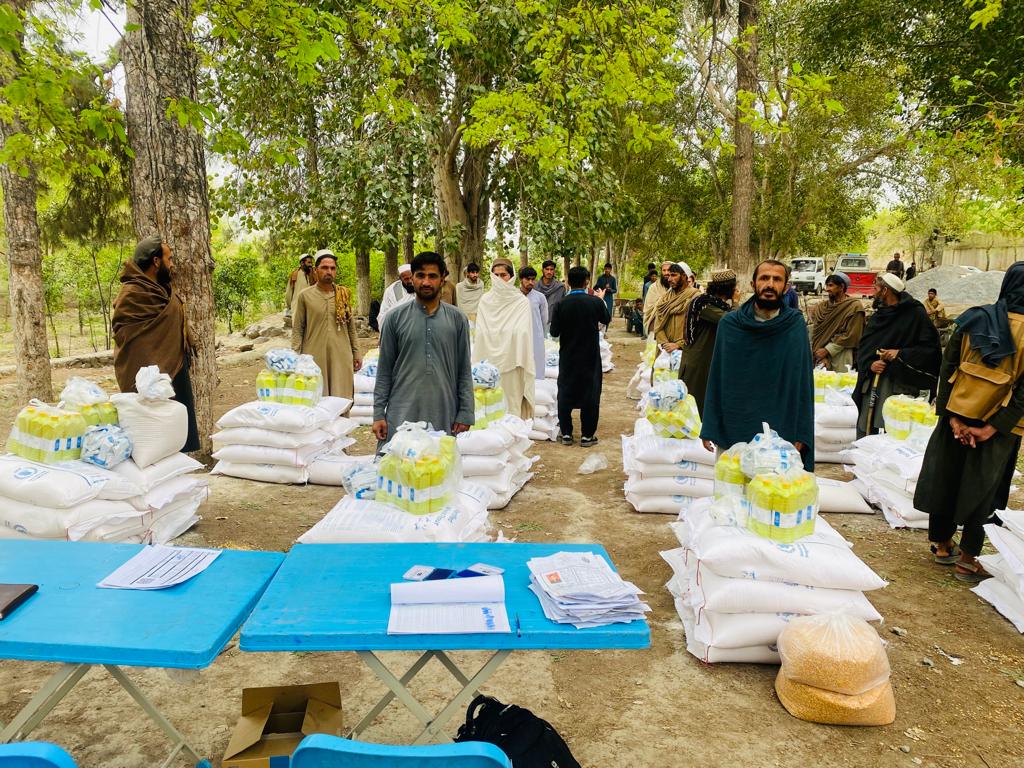National non-governmental organizations (NGOs) often play crucial roles in providing agriculture services, particularly in developing countries or regions where agricultural practices are a significant part of the economy. These NGOs typically aim to improve agricultural productivity, sustainability, and the livelihoods of farmers and rural communities. Here are some common services they may provide: 1. **Training and Education**: NGOs may offer training programs and workshops to farmers on modern agricultural techniques, sustainable farming practices, crop diversification, and livestock management. These efforts aim to increase productivity and income while minimizing environmental impact. 2. **Access to Inputs**: NGOs may facilitate access to quality seeds, fertilizers, pesticides, and other agricultural inputs for smallholder farmers who may face challenges in obtaining these resources through traditional channels. This can help improve crop yields and profitability. 3. **Infrastructure Development**: Some NGOs engage in infrastructure development projects aimed at improving rural access roads, irrigation systems, storage facilities, and market linkages. These efforts can enhance the efficiency of agricultural value chains and reduce post-harvest losses. 4. **Natural Resource Management**: NGOs often promote sustainable natural resource management practices, including soil conservation, water management, agroforestry, and biodiversity conservation. These efforts help to preserve ecosystems, mitigate climate change impacts, and ensure the long-term viability of agricultural systems. 5. **Market Development**: NGOs may support farmers in accessing markets by providing market information, facilitating market linkages, supporting the formation of producer groups or cooperatives, and promoting value-added processing activities. These initiatives can help farmers receive fair prices for their products and improve market access. 6. **Policy Advocacy**: Some NGOs engage in advocacy and policy dialogue to influence agricultural policies and programs at the national and local levels. They may advocate for policies that support smallholder farmers, promote sustainable agriculture, and address issues such as land tenure, food security, and agricultural subsidies. 7. **Research and Innovation**: NGOs may collaborate with research institutions, universities, and private sector partners to develop and promote innovative agricultural technologies and practices tailored to local conditions. This can include research on drought-resistant crops, pest management strategies, and climate-smart agriculture. Examples of national NGOs involved in agriculture service provision may include organizations like the National Association of Smallholder Farmers, National Farmers' Union, or Agriculture Development Foundation, among others. These organizations often work in collaboration with government agencies, international NGOs, donors, and other stakeholders to achieve their objectives and address the diverse needs of farmers and rural communities.
You can give your opinion about any of our services, we will listen to them and we will do the work with full satisfaction based on your opinion.


